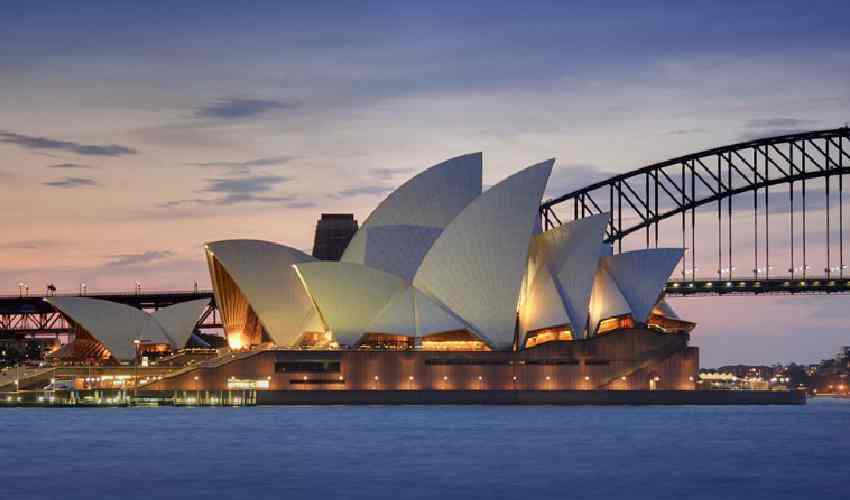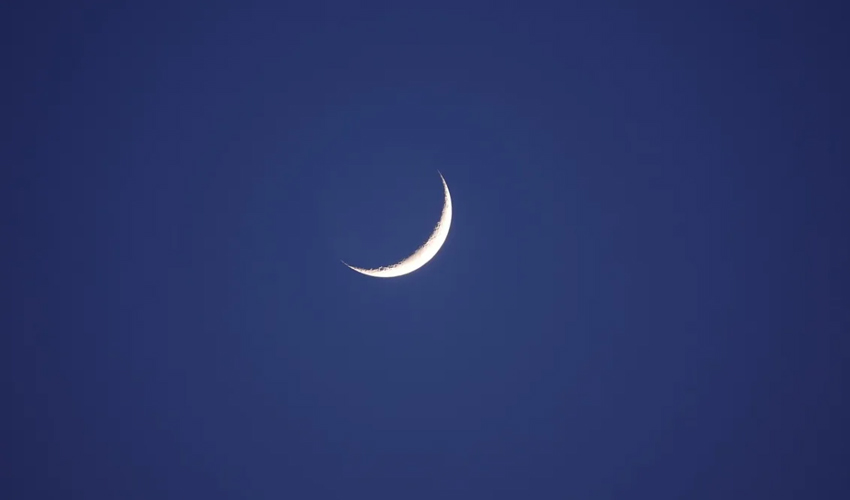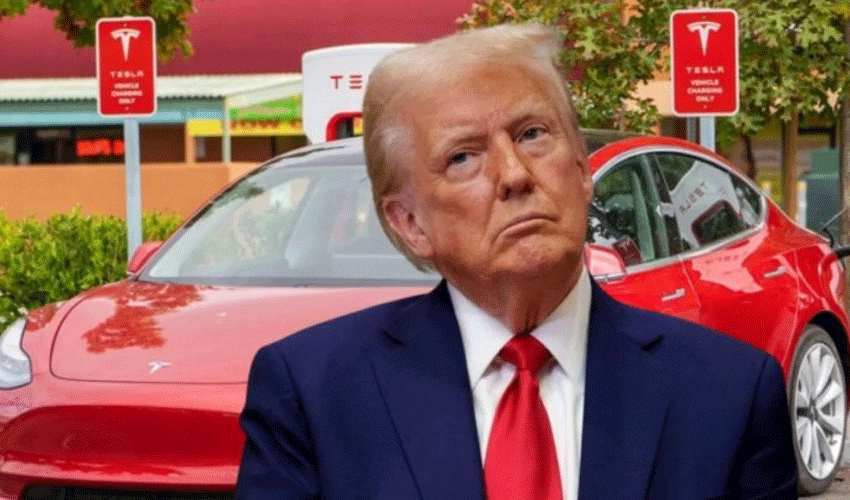Australia on Monday unveiled plans to slash the number of migrants arriving in the country, hoping to curb a post-pandemic surge and address voter anger at the rising cost of living.
The country's centre-left Labor government announced a raft of measures making it harder for everyone from foreign students to low-skilled workers to enter -- including tougher English-language requirements and higher wage thresholds.
Roughly half a million temporary migrants entered the country in the last year, a post-pandemic boom after years of closed borders.
The government believes its reforms -- along with short-term trends -- will bring the number closer to 250,000 in 2024-2025.
"We are going to make sure that we bring numbers back under control," said Home Affairs Minister Clare O'Neil, sketching parts of a 100-page strategy seen by AFP.
Despite near-record employment rates, Australians are increasingly frustrated at soaring prices and an eye-watering real estate market.
Conservative think tank the Grattan Institute is among those who have linked high levels of immigration to rising rental and other costs.
O'Neil stressed that immigration was essential to Australia's prosperity, describing foreign workers as the "special sauce" that had made Australia great.
"Virtually everything that we have done as a country that's truly mattered has involved asking the best and brightest from around the world to come and try to help us," she said.
But nodding to growing public unease, she also vowed to "build a better-planned system around essential things like housing".
On Sunday, her government said it would impose a dramatic increase in fees on foreigners who buy homes and leave them empty.
Rental prices in some areas of Sydney and Melbourne have risen about 25 percent in the last year.
Rachel Stevens, an expert on the history of immigration at the Australian Catholic University, said the immigration reforms were "as much about politics as policy".
She told AFP that linking the rising cost of living with migration was misleading and risked scapegoating 2.2 million people who are on temporary visas.
"They are separate things entirely," she said, citing the impact of rising interest rates and surging markets after Covid lockdowns, among other factors.
"Whenever there is a scarcity of a resource, whether it's jobs or housing, it's a very common reaction for people in many countries to blame immigrants."
Stevens suggested that the Labor government may have one eye on the conservative opposition's rising poll numbers and elections expected by 2025.
"It polls well", she said, but "it's really dangerous and quite reckless to put it all on migrants".


























